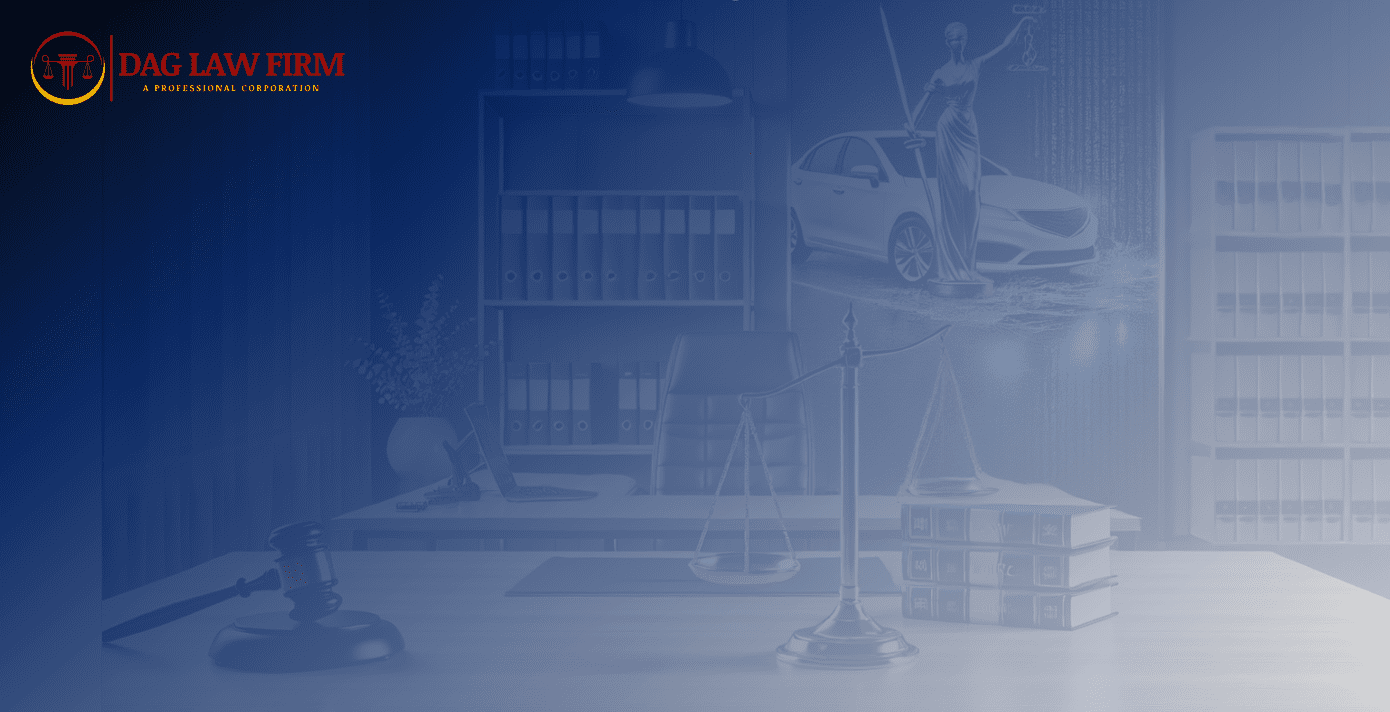DAG Law Firm: Can You Waive Negligence in Personal Injury Cases?
When personal injury strikes, it can be a daunting and overwhelming experience. Whether it’s a car accident, pedestrian injury, slip and fall, or any other type of personal injury, the impact on your life can be devastating. Amidst the physical and emotional challenges, you may also be burdened with financial strain due to medical bills, lost wages, and other related expenses. In such times, it’s crucial to seek legal guidance and support to ensure your rights are protected and that you receive fair compensation for your losses.
Negligence and Personal Injury Laws
Negligence is a key concept in personal injury law. It refers to the failure to act with the level of care that a reasonable person would exercise in similar circumstances. When someone’s negligence leads to an injury, the injured party has the right to seek compensation for their damages. However, in some cases, individuals may wonder if it’s possible to waive negligence or if there are scenarios where negligence may not apply.
Can Negligence Be Waived?
In the realm of personal injury law, negligence is a foundational principle that forms the basis of many claims. However, there are specific situations where the concept of negligence may be challenged or waived. It’s essential to note that this involves complex legal considerations and should be addressed with the guidance of a skilled and experienced personal injury attorney.
Here are some key points to consider when it comes to the question of waiving negligence:
The Role of Comparative Negligence: In some personal injury cases, the concept of comparative negligence comes into play. This means that both parties involved in an accident may share a degree of fault. In such cases, the issue of negligence becomes a matter of proportion, and the injured party’s recovery may be reduced based on their own degree of fault. An attorney can navigate the nuances of comparative negligence to ensure your rights are protected.
Contractual Agreements: There are instances where individuals may have signed agreements that contain waivers or releases of liability. While such contracts can impact the ability to pursue a personal injury claim, it’s crucial to have an attorney review the specifics of the agreement and assess its enforceability within the context of the injury and related circumstances.
Intentional Acts: While negligence typically deals with unintentional actions, there are situations where intentional acts lead to personal injury. In such cases, the concept of negligence may not apply in the traditional sense, but there may be grounds for pursuing a different type of legal claim.
Statute of Limitations: Every legal claim is subject to a statute of limitations, which sets a time limit for filing a lawsuit. If the statute of limitations has expired, it can impact the viability of a negligence-based personal injury claim.
Seeking Legal Counsel
Navigating the complexities of negligence and personal injury laws requires the expertise of a skilled legal professional. At DAG Law Firm, our team brings extensive expertise to handling personal injury and accident claims, offering unparalleled guidance, counseling, and securing financial compensation for our clients. With a deep appreciating of the complexities involved, we provide personalized support every step of the way, ensuring you fully comprehend each aspect of the legal process.
When you choose DAG Law Firm, you can count on us to represent your interests and address your distinct needs with unwavering dedication and diligence. Our goal is to empower you with the knowledge and advocacy necessary to pursue your personal injury claim with confidence.
Conclusion: Schedule an Appointment Today
If you’ve been injured due to someone else’s negligence and have questions about your rights or the possibility of waiving negligence in your case, don’t hesitate to seek legal guidance. Schedule an appointment with DAG Law Firm today, and let us provide you the support and advocacy you deserve.



